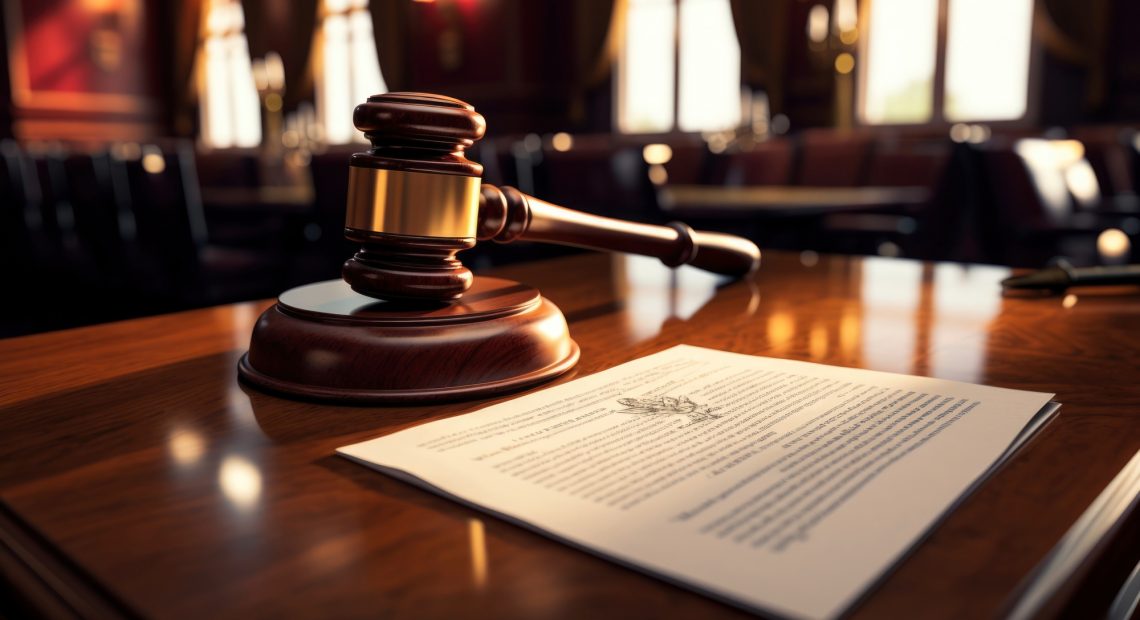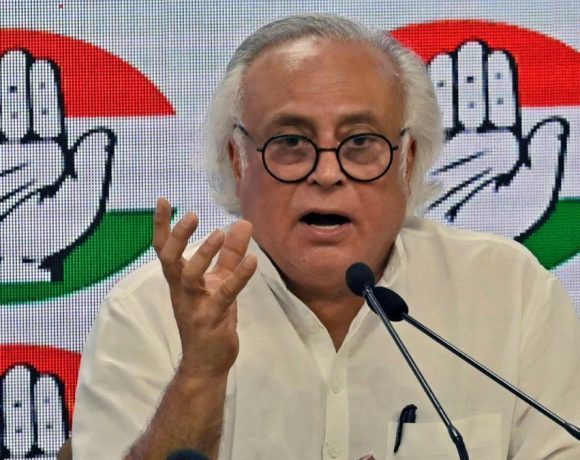
Supreme Court Questions Opposition to Spyware in Anti-Terror Efforts
The Supreme Court of India has weighed in on the national debate over the use of spyware, suggesting that surveillance tools are not inherently problematic if deployed strictly for national security. The bench observed that the primary concern should be over who is being targeted, not the mere existence of such tools.
“To have spyware is not wrong, but against whom you are using is the question. You can’t sacrifice the security of the nation,” the court stated during ongoing hearings.
This remark follows a series of legal challenges and petitions questioning the alleged deployment of spyware on journalists, activists, and civil society members. The court made it clear that national interest and anti-terror operations require robust surveillance infrastructure, but that any misuse of these technologies against ordinary citizens would violate constitutional protections.
Supreme Court Emphasizes Accountability and Boundaries
While acknowledging the critical role of technology in counter-terrorism efforts, the court underscored that these tools must not become instruments of state overreach. The justices clarified that unauthorized surveillance on individuals, if proven, would constitute a serious breach of fundamental rights under Article 21 of the Constitution.
The court indicated that not every detail related to national security operations can be shared in public domain, but reaffirmed that any citizen suspecting illegal surveillance has the right to approach the judiciary for redress.
“We cannot disclose everything. But that does not mean we will not examine credible allegations of misuse,” one of the justices noted.
Privacy vs Security: A Fine Line
The court’s position signals a careful balance between protecting national security and ensuring the state does not trample upon individual liberties. The evolving legal scrutiny over surveillance tools such as spyware and their deployment reflects the judiciary’s effort to prevent democratic erosion in the name of security.
Legal experts believe this could lay the groundwork for a formal legal framework or legislative oversight for future spyware usage, particularly to define procedural safeguards, warrant requirements, and redressal mechanisms.
As the digital surveillance debate deepens, the Supreme Court’s nuanced approach aims to reinforce both state security capabilities and citizen trust—ensuring that constitutional rights remain non-negotiable, even in times of threat.


















